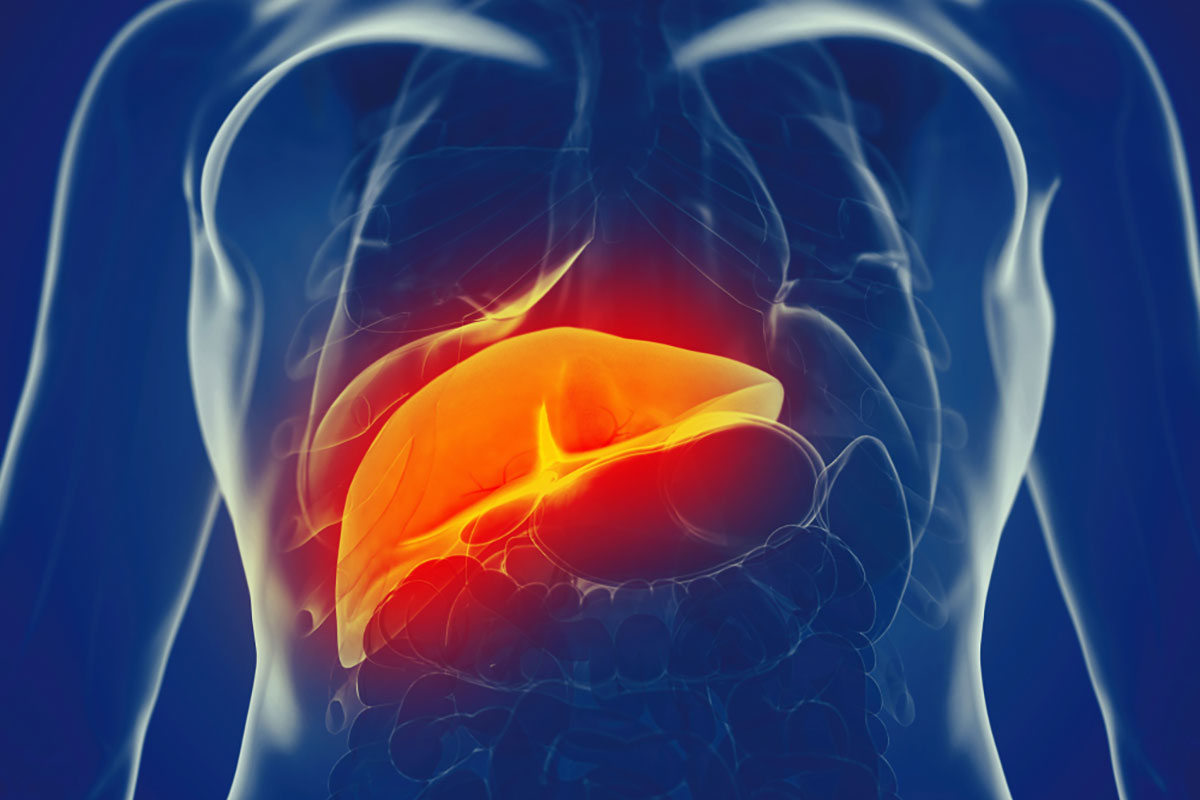By Lucy Piper, medwireNews reporter
medwireNews: Elafibranor significantly improves biochemical response in patients with primary biliary cholangitis (PBC) and shows anti-pruritic benefits in the phase 3 ELATIVE trial.

Presenting the findings at The Liver Meeting 2023, held in Boston, Massachusetts, USA, Christopher Bowlus (University of California, Davis, Sacramento, USA) explained that as a dual PPAR delta and alpha agonist, “elafibranor affects transcriptional gene regulation, which can lead to reduced bile acid toxicity and inflammation.”
In the randomized trial, treatment with elafibranor 80 mg/day demonstrated a significant 47% benefit over placebo in the proportion of patients with PBC who achieved a biochemical response at 52 weeks.
This was defined as a composite of an alkaline phosphatase level below 1.67 times the upper limit of normal (ULN), with a reduction of at least 15%, and a total bilirubin level at or below the ULN. This primary endpoint was achieved by 51% of 108 patients in the elafibranor group, compared with just 4% of 53 patients in the placebo group.
Bowlus noted that none of the patients in the placebo group achieved normalization of ALP levels by week 52, whereas this was seen in 15% of patients treated with elafibranor.
He pointed out that “treatment with elafibranor led to a rapid and sustained improvement in ALP,” starting from as early as week 4, whereas there was little change in levels in the placebo group, so by 52 weeks the reduction in ALP levels was a significant 41% greater with elafibranor than with placebo.
The study participants were aged a mean of 57 years and 96% were women. They had a baseline ALP of at least 1.67 times ULN (mean 322.1 IU/L) and a total bilirubin level of up to twice the ULN (mean 0.56 mg/dL).
The patients had either received ursodeoxycholic acid (UDCA) treatment for at least 12 months, with a stable dose for no less than 3 months or were intolerant to it. UCDA treatment was continued in 95% of patients during the study. There was evidence of advanced disease in more than a third of patients, as indicated by liver stiffness of more than 10 kPa, with or without bridging fibrosis or cirrhosis on histology.
Bowlus highlighted that 41% of patients had moderate-to-severe pruritus, based on a worst itch Numeric Rating Scale score of at least 4 out of a possible 10. Over the 52 weeks, this intensity of itch decreased numerically more in patients receiving elafibranor than placebo, by 1.9 versus 1.1 points, but the difference was not significant.
There was a significant difference between elafibranor and placebo in the PBC-40 and 5-D itch scores, however, “which assess the impact of itching on quality of life,” the presenter explained.
Elafibranor was “generally well tolerated and there were no new safety signals identified during the trial,” said Bowlus, with similar percentages of patients in both groups experiencing treatment-emergent adverse events (TEAEs), at 96.3% in the elafibranor arm and 90.6% in the placebo arm.
TEAEs that were more common with elafibranor than with placebo “were mild-to-moderate in severity and generally gastrointestinal in nature,” the presenter noted, and there was no difference between the groups in serious (10.2 vs 13.2%) or severe (10.2 vs 11.3%) TEAEs or those leading to discontinuation (10.2 vs 9.4%).
There were two deaths among patients treated with elafibranor, compared with none in the placebo group, but Bowlus stressed that these were not considered to be treatment-related.
Based on the findings, Bowlus concluded that “elafibranor may be an effective new treatment for patients with PBC.”
The ELATIVE study findings were simultaneously published in The New England Journal of Medicine.
medwireNews is an independent medical news service provided by Springer Healthcare Ltd.
© 2023 Springer Healthcare Ltd, part of the Springer Nature Group
The Liver Meeting; Boston, USA: Nov 10–14, 2023
